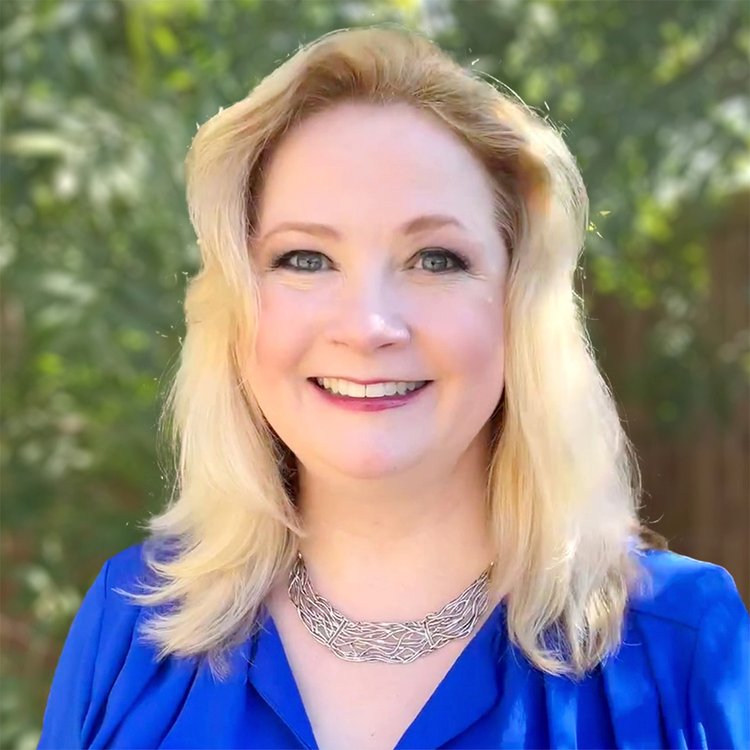Dorothy Seely, MSW, LCSW
Dorothy specializes in treating adults and seniors struggling with anxiety, depression, bipolar disorder, PTSD, and trauma. She believes that understanding the why behind behaviors helps in the healing process. Dorothy has experience working with addiction, chronic illness, life transitions, grief, and loss. She also has experience working with neurodivergent individuals.
Dorothy provides a welcoming and encouraging space for you to open up discussions about your journey. She integrates your unique interests into the therapy process while teaching you skills and strategies tailored to your specific life experiences. Dorothy focuses on giving you valuable tools to take with you, and her goal is for you to feel relief and hope.
Education and Training
- Licensed Clinical Social Worker
- Master’s of Social Work, University of Houston
- Mindfulness-Based Cognitive Therapy (MBCT)
- Rational Emotive Behavioral Therapy (REBT)
- Acceptance and Commitment Therapy (ACT)
- Dialectical Behavioral Therapy
- Polyvagal Theory
- Eye Movement Desensitization and Reprocessing (EMDR)
Areas of Focus
- Anxiety and Panic Disorders
- Depression
- PTSD and Trauma
- Bipolar Disorder
- Addiction
- Grief and Loss
Read Our Blog
3 Benefits of Using Telehealth Video Therapy
With an increase in beneficial technology, we’re able to establish the most effective practices, rituals, and daily habits to support our mental health and wellbeing with the best quality of sleep possible.
How to Improve Sleep Hygiene Using 3 Free Apps
With an increase in beneficial technology, we’re able to establish the most effective practices, rituals, and daily habits to support our mental health and wellbeing with the best quality of sleep possible.
Traumatic Brain Injury and PTSD in Veterans
Physical injuries are easy to see and, therefore, simpler to treat. However, not all wounds are physical; some are internal or emotional, making them harder to diagnose.




